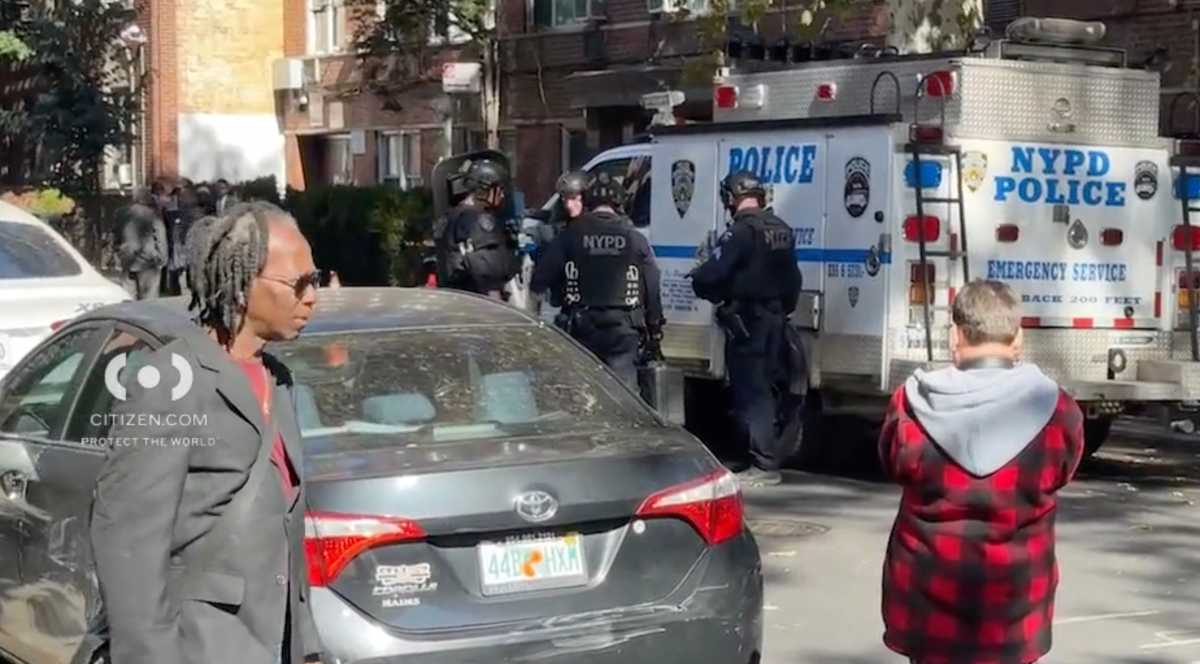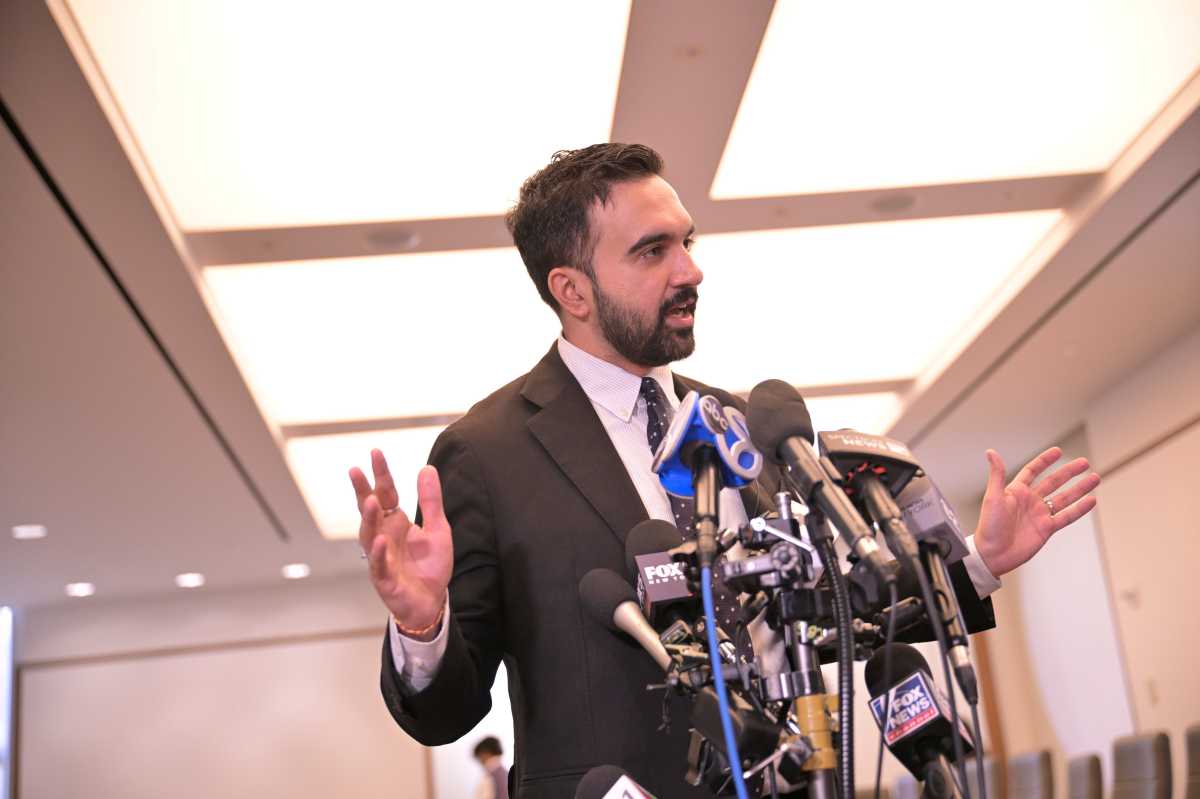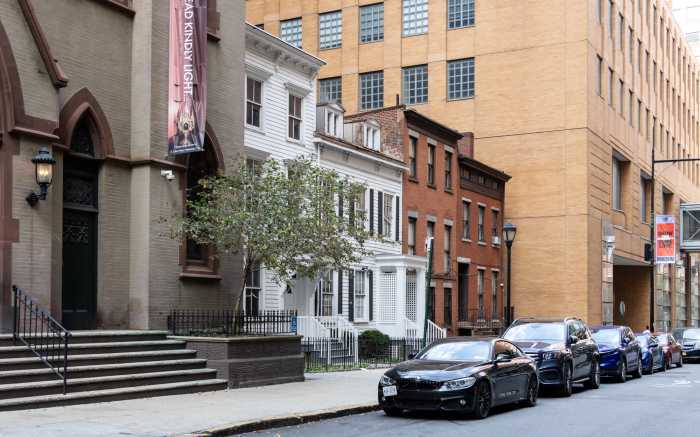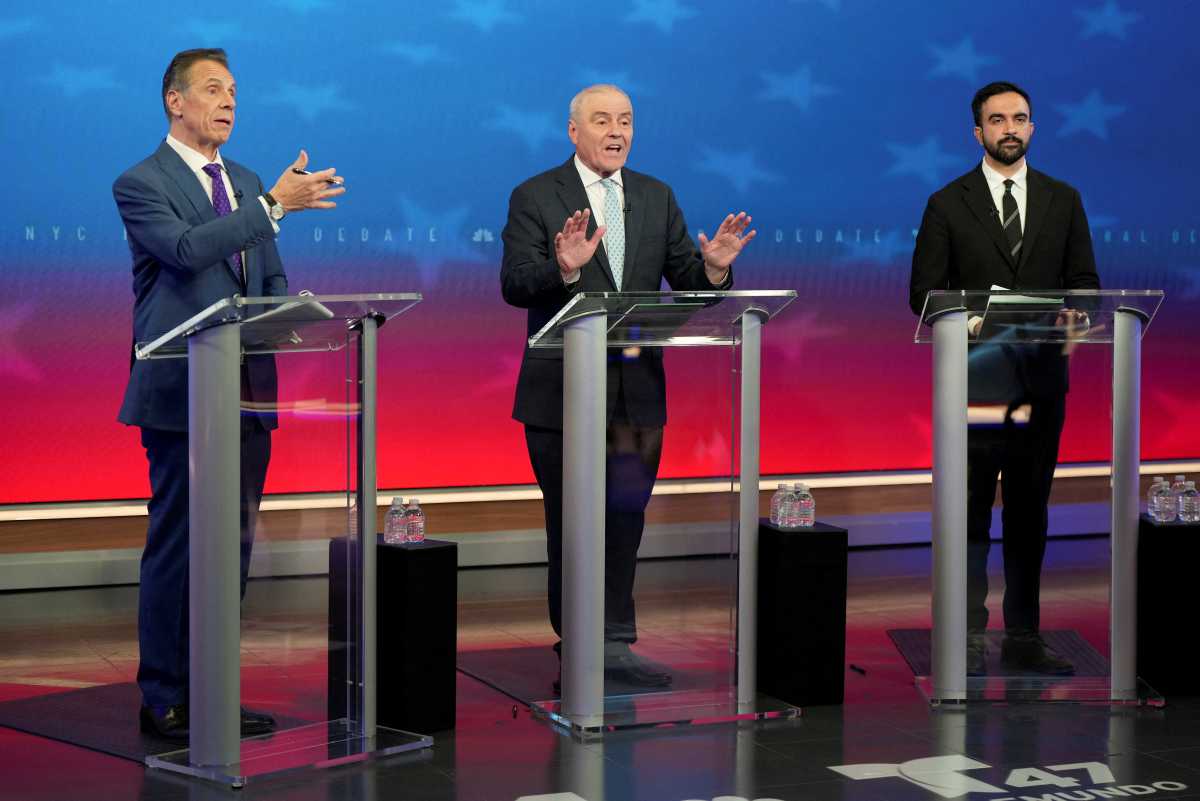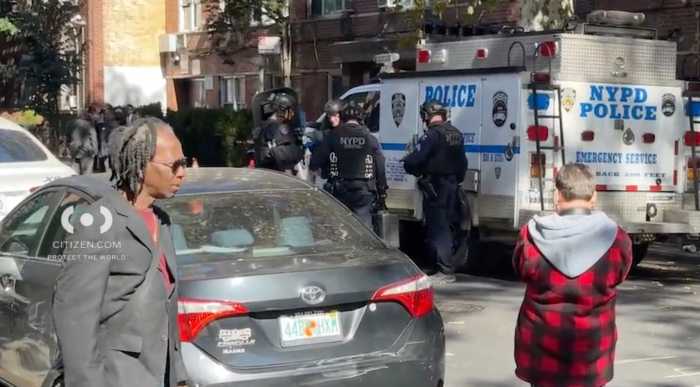To the editor,
I’ve been following international soccer for a long time and remember when in the mid-70s, an over-the-hill Edson Arantes do Nascimento, better known as Pele, who by his own estimation played for the Cosmos at 75 percent efficiency, came to New York for a mega-bucks contract to promote soccer in the U.S. To induce Pele to play for the Cosmos — in addition to the money — the organization incorporated the colors of Brazil (Pele’s national team) into the Cosmos’s uniforms.
I do not understand who the target audience for the North American Soccer League and Major League Soccer is. The soccer season begins in autumn and ends at the end of spring; yet American pro soccer plays its games in the summer because audience-wise it cannot compete with football and basketball. Old-time soccer fans won’t watch it; so who is the target audience?
For U.S. pro soccer to be credible, it must play during the soccer season and mostly on Sunday afternoons. Either provide a real soccer league, or don’t provide one at all — and get rid of the silly playoffs; that’s an American money-making scheme.
Today in America we have many youth soccer programs and in spite of the programs, the U.S. still has not produced many world-class soccer players. Perhaps kids soccer leagues should take soccer seriously and stop presenting tall participation trophies for failure.
If we want to field teams that can compete with those in the Premier League, or Serie A, then we must develop youth programs similar to those in soccer nations; plagiarize and implement them.
I coach a kids team and constantly point out — to parents other coaches and anyone who will listen — the difference between young soccer players in America and those in soccer nations: When the referee stops play, the American player will pick up the ball with his or her hands and hand it to the ref, while the European/South American player will stop the ball with his or her feet and gently kick it toward the ref. In soccer nations, soccer is ingrained in the children’s being, while in America it is just another event: “What shall I do today — go to the movies, play video games, or play soccer?” Serious soccer players in the U.S. are few and far in between.
When I was young, my father took me to Ebbets Field, the Polo Grounds and Randall’s Island to watch exhibition games (known as “international friendlies”) between world-class teams that toured New York — I saw Napoli-Santos (with Pele in his prime), Milan-Rapid Vienna and many others. In Sweden I saw Malmo-Cosmos (with Pele at 75 percent efficiency) — Malmo won 5-1. Pele scored the lone Cosmos goal when Malmo relaxed play during the second half and allowed Pele to score. Three cheers for public relations.
Perhaps if the Cosmos (and other teams) had a cadre of home-grown, world-class players, it would not need to go to a lower league and we would have high-level pro soccer in the U.S.
My team is Palermo, “i rosaneri” (the pink and black), now in Italy’s Serie B, demoted from Serie A – che vergogna! (how embarrassing!). There is an interesting background to Palermo’s century-old history of ups and downs, but that’s for another time.
Forza Palermo!Elio Valenti
Bay Ridge
Uber-charging
To the editor,
In an ironic twist, our dear governor passed a budget which imposes additional fees for taxi and all Uber-like cars. The fee for each ride is about the same as a single fare on the New York City Transit’s bus or subway system. I wonder if it was meant to be that way, so every time the MTA raises fares, these cars and passengers are automatically hit with a similar increase?
So, now when the pampered millenials who wouldn’t be caught dead riding in an MTA subway or bus, will enjoy knowing that their nice air conditioned ride will also be paying for us poor “Julbs” that do not have the cash to ride in street level comfort.
Many thanks, Gov!
Robert W. Lobenstein
Marine Park
Albany att-tax
To the editor,
We should not celebrate Gov. Andrew Cuomo and the State Legislature passing a budget on time. It is really a terrible April Fools joke on taxpayers who will be stuck with the tab. The budget includes a revenue shortfall of $4.4 billion, which still needs to be resolved. Cuomo claims to have increased the level of MTA funding. Virtually all of these $400 million plus are being allocated toward fully funding the emergency $836 million “New York City Transit Subway Action Plan” to deal with the ongoing crises.
That will still leave virtually all of the $5.8 billion outstanding balance still owed toward his original $8.3 billion promised back in 2015 to fully fund the MTA $32 billion 2015–2019 Capital Plan. It appears he has kicked the can down the road once again for coming up with close to $5.8 billion in 2019. This would be the last year of MTA’s current five year capital plan. There appears to be no money included toward his promised 25 percent or $7.25 billion share toward fully funding the $29 billion Gateway Tunnel project (scope of work includes Portal Bridge replacement, two new tunnels under the Hudson River, upgrading existing tunnels damaged by Superstorm Sandy and other improvements on the Northeast Corridor connecting New Jersey with Penn Station).
Adoption of the budget on time is what they get paid to do. Once again, this budget was negotiated behind closed doors by the usual “Four Men In the Room,” Governor Andrew Cuomo, State Senate Republican Majority leader John Flanagan, Independent Democratic State Senate Caucus Chair Jeffrey Klein and Democratic State Assembly Speaker Carl Heastie. Only they, their key aids and many of the infamous Albany State Street lobbyists representing various special interest Pay to Play groups were privy to the details. Democratic State Senate minority leader Andrea Stewart-Cousins and Republican State Assembly minority leader Brian Kolb along with virtually all members of the State Senate and Assembly were left out of the process. So much for transparency and open government promised by Cuomo when he first ran for Governor in 2010 and for a second term in 2014.
Too many members view the funding of member item pork barrel projects as a path to grease the wheels of reelection or a run for higher office. Like a monkey on their back, they appear to be addicted to this spending. State Senate majority leader Flanagan and State Assembly Speaker Heastie both use this as a tool to keep their respective loyal flocks in line. Vote as directed by the “leadership”, for adoption of the new budget, and you will receive your share of the several hundred million member items pot of gold. Those few Democrats who have to run in competitive races receive “extra” earmarks from Heastie courtesy of taxpayers. The same is true for Flanagan. Democratic Senate Independent caucus chair Jeffrey Klein will get his eight pieces of gold on behalf of his seven members plus himself in exchange for keeping the State Senate in Republican control.
Did members of legislature take an Evelyn Wood speed reading class to absorb the 1,099 pages contained in this spending bill? They received these only hours before being asked to vote up or down. Liberal or conservative, Democrat or Republican, we would all be better off if our State Assembly and Senate members took the time to actually read, line by line, any proposed legislation before voting. Their legislative actions impact both our economic and civil liberties. Future generations have to pay for and live with the consequences.
There should have been an open budget process agency by agency. The public, media and members of the legislature should have been afforded sufficient time to read the fine print line by line, page by page and conduct an open debate before adoption.
It is still business as usual in Albany. Upon retirement, too many members of the State Assembly, Senate and their employees join the thousands of infamous State Street Albany lobbyists. They subsequently return to the Capital on behalf of their new employers for client “favors.” Albany lobbyists, just like in Washington, play a behind-the-scenes role in assisting members and staff of the State Legislature to write and insert favorable language for clients into bills. This is buried in the fine print contained within the hundreds of bills and annual adopted State budget. This is known as a quid pro quo.
Lobbyists purchase tickets to elected officials’ fund-raising events held during evening hours after the daily Legislative sessions. They also have their own political action committees make direct campaign contributions to candidates running for another term. Union lobbyists will not only deliver dollars, but endorsements which provide volunteers to run phone banks, distribute literature, send out mass mailings along with canvassing door-to-door for Election Day vote pull operations.
Former elected officials and their staff supplement generous state pension plans by double dipping as lobbyists. Upon retirement, they win the trifecta by also collecting Social Security. This is a nice gig which ordinary taxpayers can only dream about.Larry Penner
Great Neck


